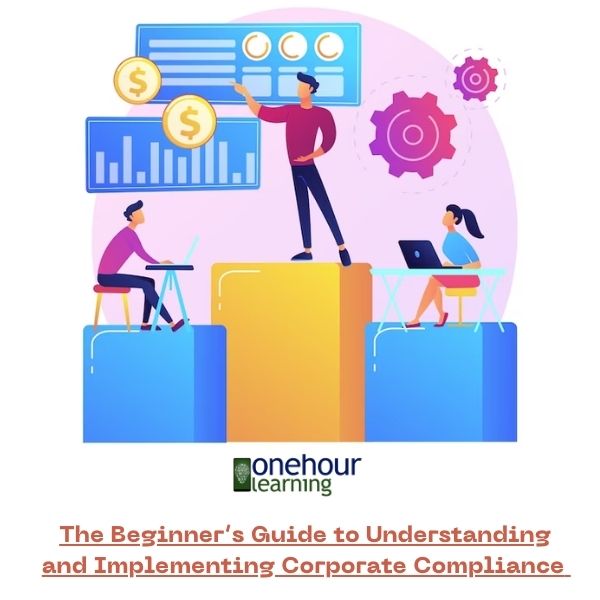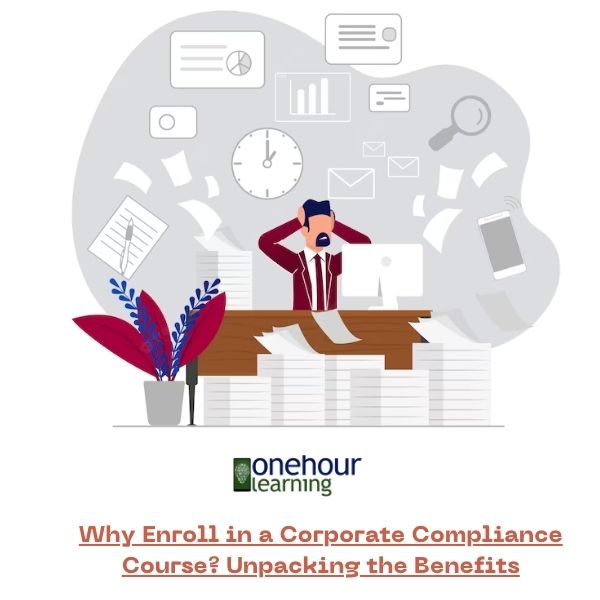Decoding Financial Success: Top 10 Finance Courses for Beginners

Why Finance Courses are Key to Personal and Professional Success
August 2, 2023
Getting Familiar with Finance: How Courses Can Boost Your Financial Literacy
August 3, 2023Introduction
Embarking on a journey toward financial success can be both exciting and daunting, especially for beginners. With the ever-changing landscape of the financial world, gaining a solid understanding of finance is crucial. Whether you are a recent graduate or a professional looking to enhance your financial knowledge, finance courses for starters can be the first step towards achieving your financial goals. In this blog, we will explore the top 10 finance courses tailored specifically for beginners, providing you with the essential knowledge to make informed decisions and thrive in the financial world.
Introduction to Finance: A Comprehensive Foundation
As a beginner, starting with a fundamental course is crucial. An “Introduction to Finance” course offers a comprehensive overview of financial principles, terminology, and concepts. This beginner-friendly program covers topics such as budgeting, saving, investing, and managing debt, giving you a strong foundation to build upon.
Personal Finance Management: Mastering Your Finances
Managing personal finances is a critical skill that everyone should possess. A “Personal Finance Management” course equips you with essential skills to create budgets, set financial goals, and make informed decisions about investments and insurance. This course empowers beginners to take control of their financial future confidently.
Investing 101: An Entry-Level Guide to Investing
Entering the world of investing can be overwhelming, but it doesn’t have to be. An “Investing 101” course introduces beginners to different investment options, risk management strategies, and the basics of stock markets. By understanding these fundamentals, you can begin to grow your wealth through smart investment decisions.
Understanding Credit: A Beginner’s Guide to Credit Scores and Reports
Building and maintaining good credit is essential for any individual. An “Understanding Credit” course provides insights into credit scores, credit reports, and ways to improve creditworthiness. This knowledge will prove valuable when applying for loans, mortgages, or credit cards in the future.
Financial Planning: Mapping Your Financial Future
Setting clear financial goals and creating a roadmap to achieve them is the essence of financial planning. A “Financial Planning” course assists beginners in developing customized financial plans that align with their aspirations, whether it’s buying a house, saving for retirement, or starting a business.
Basics of Accounting: Unraveling Financial Statements
Understanding financial statements is vital for interpreting a company’s financial health. A “Basics of Accounting” course simplifies complex financial statements, making it easier for beginners to comprehend and analyze a company’s financial performance.
Taxation Essentials: Navigating the World of Taxes
Taxation is an unavoidable aspect of personal and business finance. A “Taxation Essentials” course educates beginners on tax laws, deductions, and credits, helping them optimize their tax liabilities and avoid potential pitfalls.
Financial Markets and Institutions: Exploring the Financial Ecosystem
An in-depth understanding of financial markets and institutions is valuable for anyone seeking to navigate the financial ecosystem. This course provides insights into how financial markets function, the role of banks, and the impact of government policies on the economy. As you delve into the world of finance, you’ll discover that it is a dynamic and ever-evolving field. Therefore, it’s essential to stay updated with the latest trends and developments. Best finance classes for beginners not only equip you with foundational knowledge but also instill in you a mindset of continuous learning and adaptability.
Introduction to Economics: Grasping the Basics
Economics underpins every financial decision made on both personal and global levels. An “Introduction to Economics” course introduces beginners to fundamental economic principles and their real-world applications, enabling them to comprehend the broader economic landscape.
Behavioral Finance: The Psychology Behind Financial Decisions
The field of behavioral finance explores how human emotions and biases influence financial decision-making. Understanding behavioral finance can help beginners identify and overcome common psychological pitfalls that often lead to poor financial choices.
One of the significant advantages of these courses is the flexibility they offer. Most of them are available online, allowing you to study at your own pace and convenience. This flexibility is especially beneficial for working professionals or individuals with busy schedules, as you can fit your learning around your other commitments.
Additionally, some of these beginner-friendly finance programs provide certifications upon completion, which can add value to your resume and enhance your career prospects. Employers often seek candidates with a strong financial background, and having relevant certifications can give you a competitive edge in the job market.
Conclusion
Enrolling in these top 10 finance courses for beginners is a gateway to financial literacy and success. The knowledge and skills you acquire will serve as valuable assets throughout your life, enabling you to make informed choices and secure your financial well-being. So, take that first step today, and embark on a transformative journey toward financial empowerment. Remember, financial success is within reach; all you need is the right knowledge and determination to seize it!
Continuing your journey to financial success through these top 10 finance courses is an investment in your future. Each course serves as a stepping stone, enabling you to build upon your knowledge and expertise gradually. As you progress through these programs, you’ll gain the confidence to tackle more complex financial challenges and make prudent decisions.
Furthermore, these top-rated finance courses for newbies are designed to be accessible with little to no prior financial knowledge. The instructors and educators are experts in their fields, making the learning experience engaging and interactive. You’ll have access to real-world examples, case studies, and practical exercises that reinforce your understanding of the concepts.




